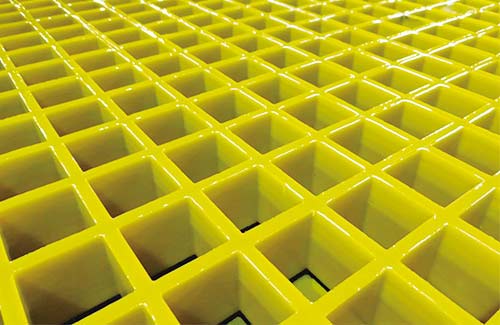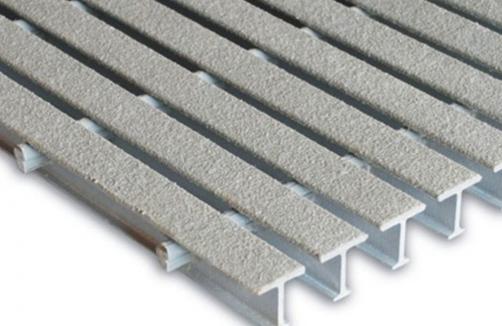Griglia in FRP con strisce di sicurezza riflettenti: Migliorare la sicurezza e la visibilità sulle piattaforme industriali
FRP Grating with Reflective Safety Stripes: Enhancing Safety and Visibility on Industrial Platforms Industrial platforms, such as loading docks, mezzanines, and walkways, pose significant safety challenges due to their high traffic and potential hazards. Traditional grating materials often lack visibility, especially in low-light conditions, increasing the risk of accidents. To address this, Fiber-Reinforced Polymer (FRP) grating with reflective safety stripes has emerged as a cutting-edge solution. But how does this innovation improve safety and visibility? What are its key advantages over conventional materials? And how can industries implement it effectively? Let’s explore these questions in detail. The Problem: Inadequate Safety Measures on Industrial Platforms Many industrial facilities rely on metal grating for platforms, stairs, and railings. While durable, standard grating can become invisible at night or in poor lighting, leading to trips, falls, and other accidents. Additionally, slippery surfaces and lack of visual cues exacerbate these risks. Traditional reflective markers or paint wear off quickly and require frequent maintenance. Statistics show that slip and fall accidents account for a significant portion of workplace injuries, costing industries billions annually. To mitigate these risks, a more robust and long-lasting solution is needed. This is where FRP grating with reflective safety stripes comes

